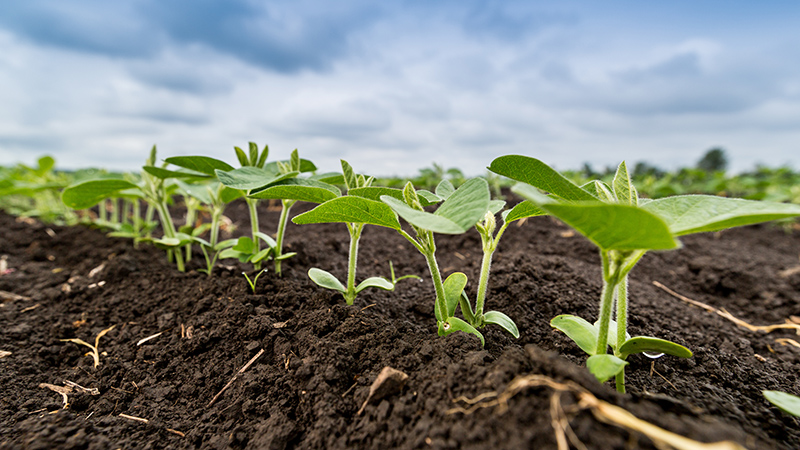The Importance of Balanced Nutrition for Sustainable Crop Production
If you had to make a change in your farm’s nutrient management to reduce annual fertilizer cost, would you skip the application of nitrogen (N), phosphorus (P), or potassium (K)? Which nutrient is more important to minimize the yield impact? This is a question that Heidi Peterson, Director, Phosphorus Program, International Plant Nutrition Institute, has been hearing in recent nutrient management discussions.
What if you were asked to remove one nutrient from your diet? Would it be N, P, or K? If you choose K you will have more muscle aches and stiffness. Leaving out N may cause your hair to fall out, loss of muscle, or skin irritation. A P deficiency may cause bone softening and respiratory failure. Not an easy decision, but the concept is similar to the nutrient deficiencies observed in crops — an inadequate supply of one could impact overall crop health.
Nutrient interactions within the soil rhizosphere — the zone of interaction between plant roots and nutrient uptake — and the response of the plant roots to adapt to the environment can be very complex. The soil’s fertility is critical to the efficiency of these processes; therefore, one nutrient should not be singled out as more important than another.
Can too much of a good thing be bad? Yes! Some nutrients in excess can result in an antagonistic relationship with another nutrient, interfering with its uptake and availability, and reducing use efficiency.






